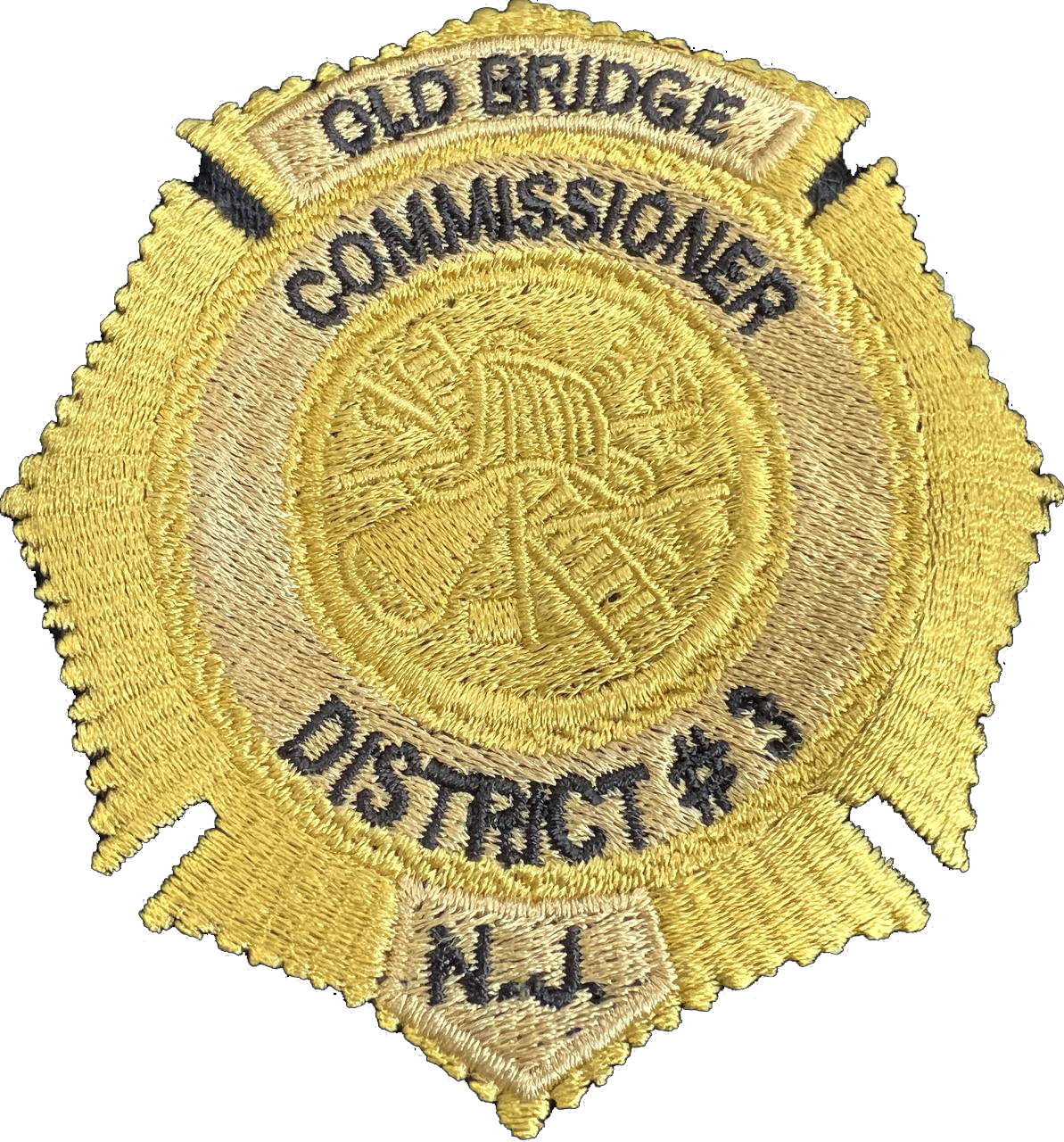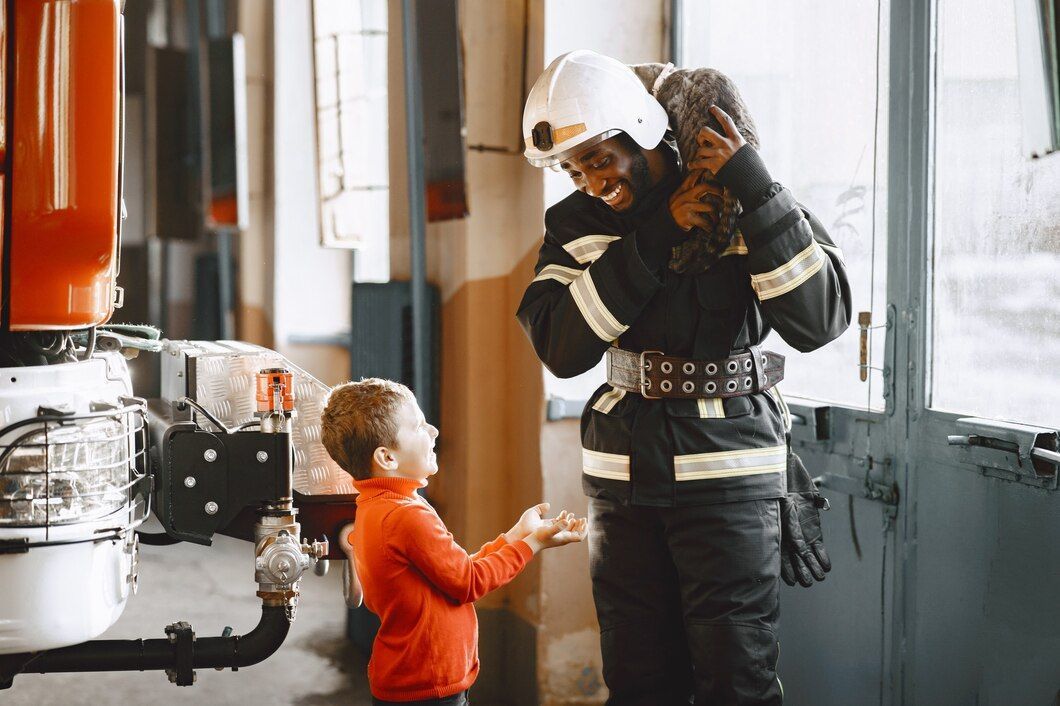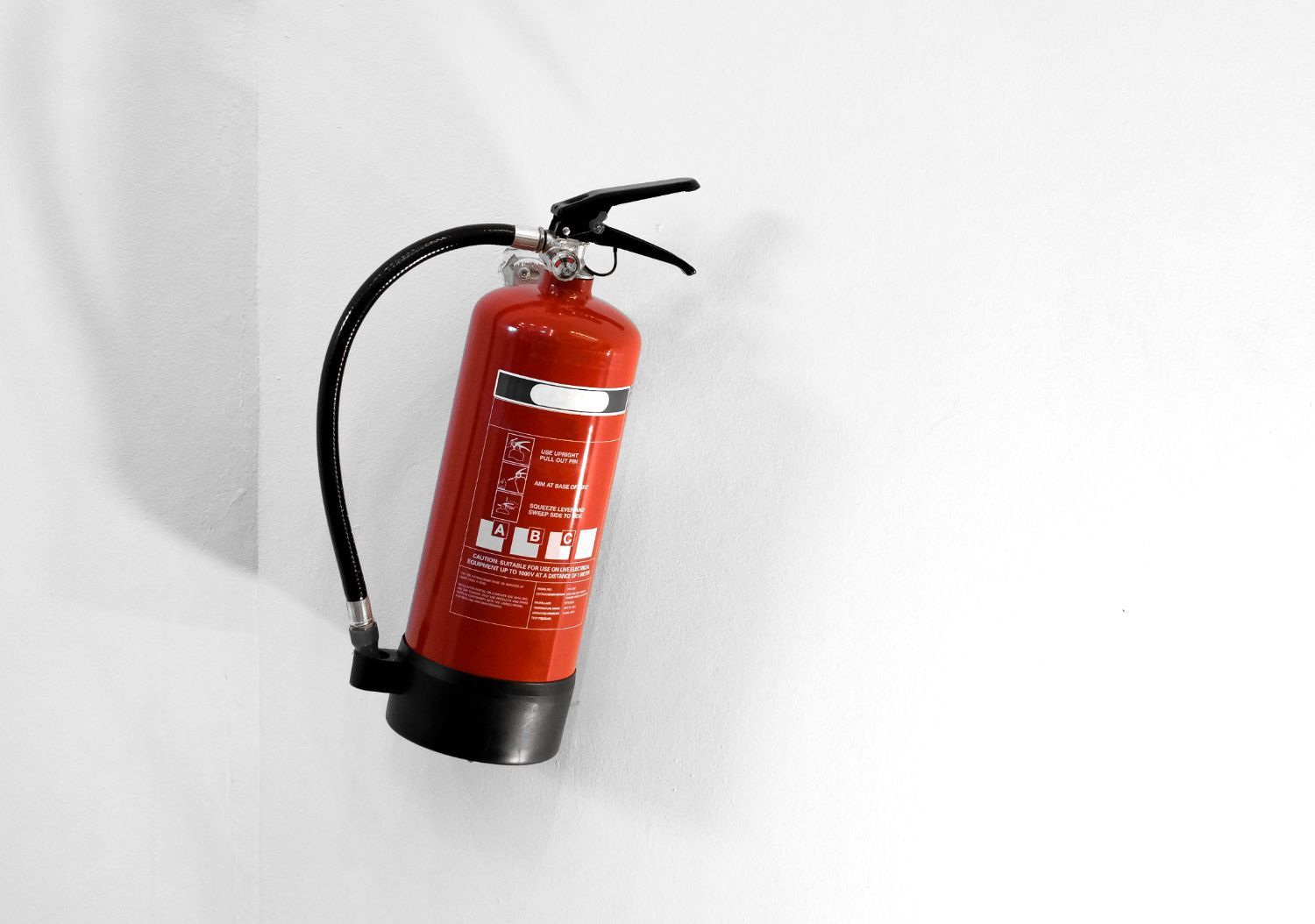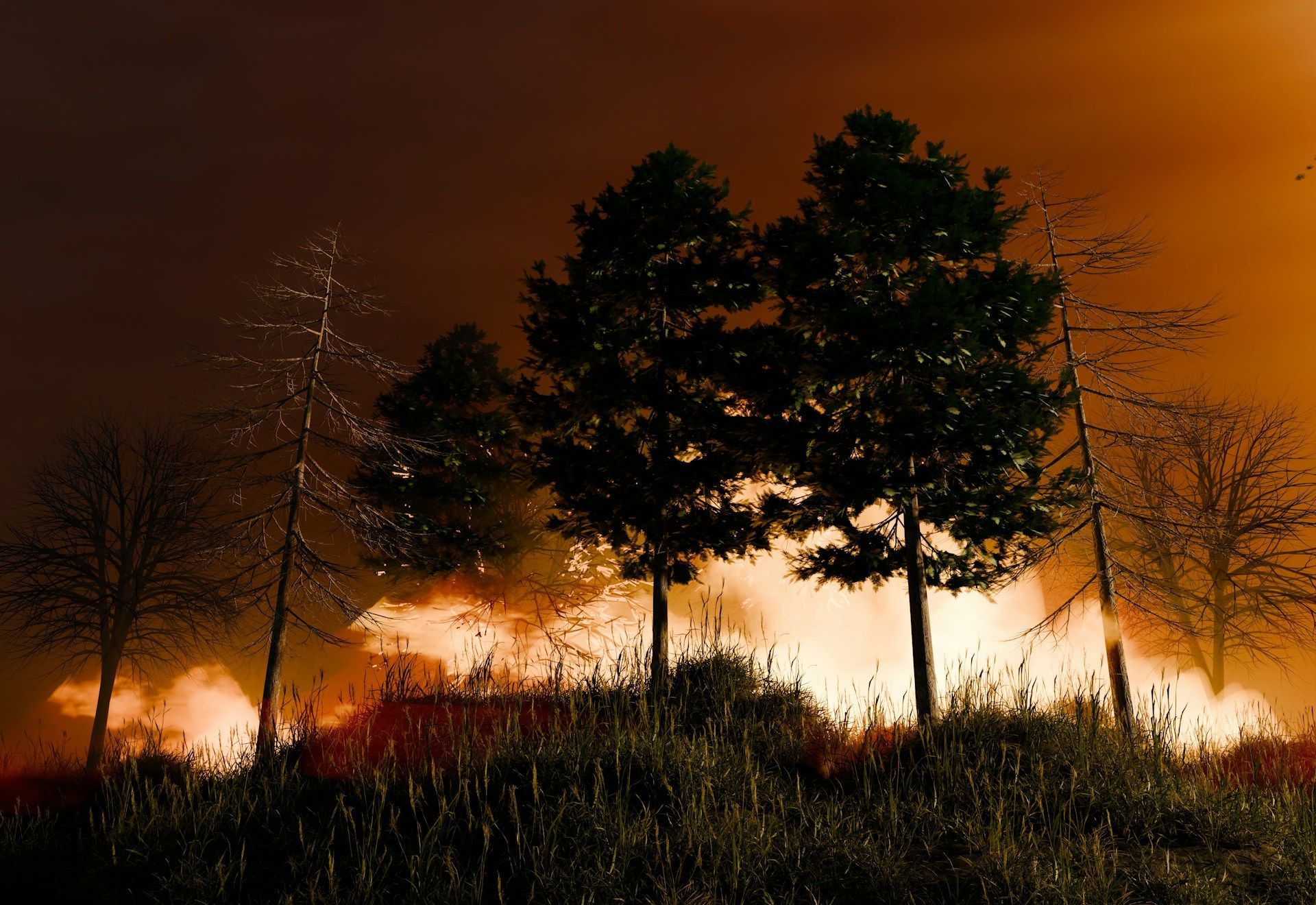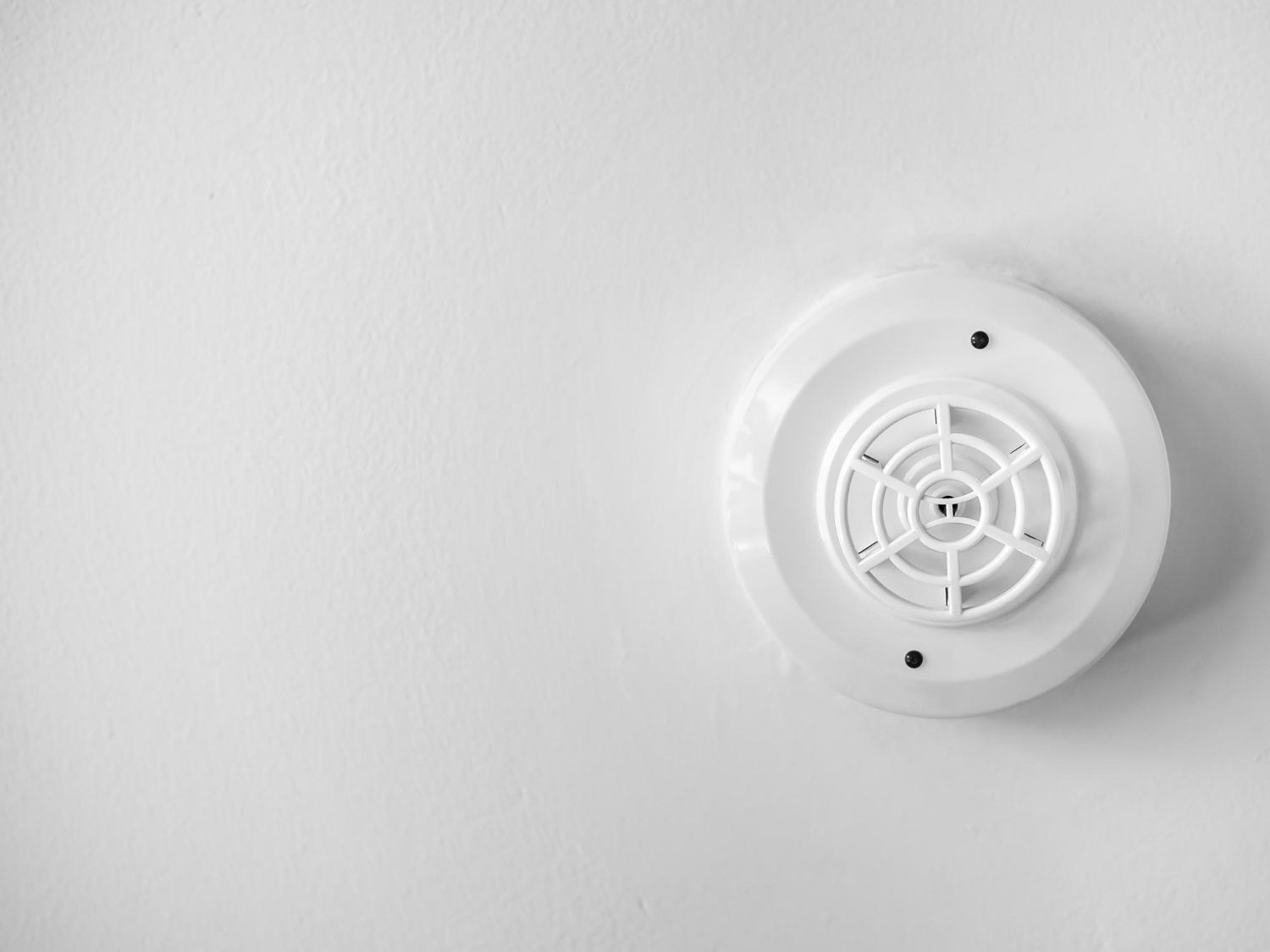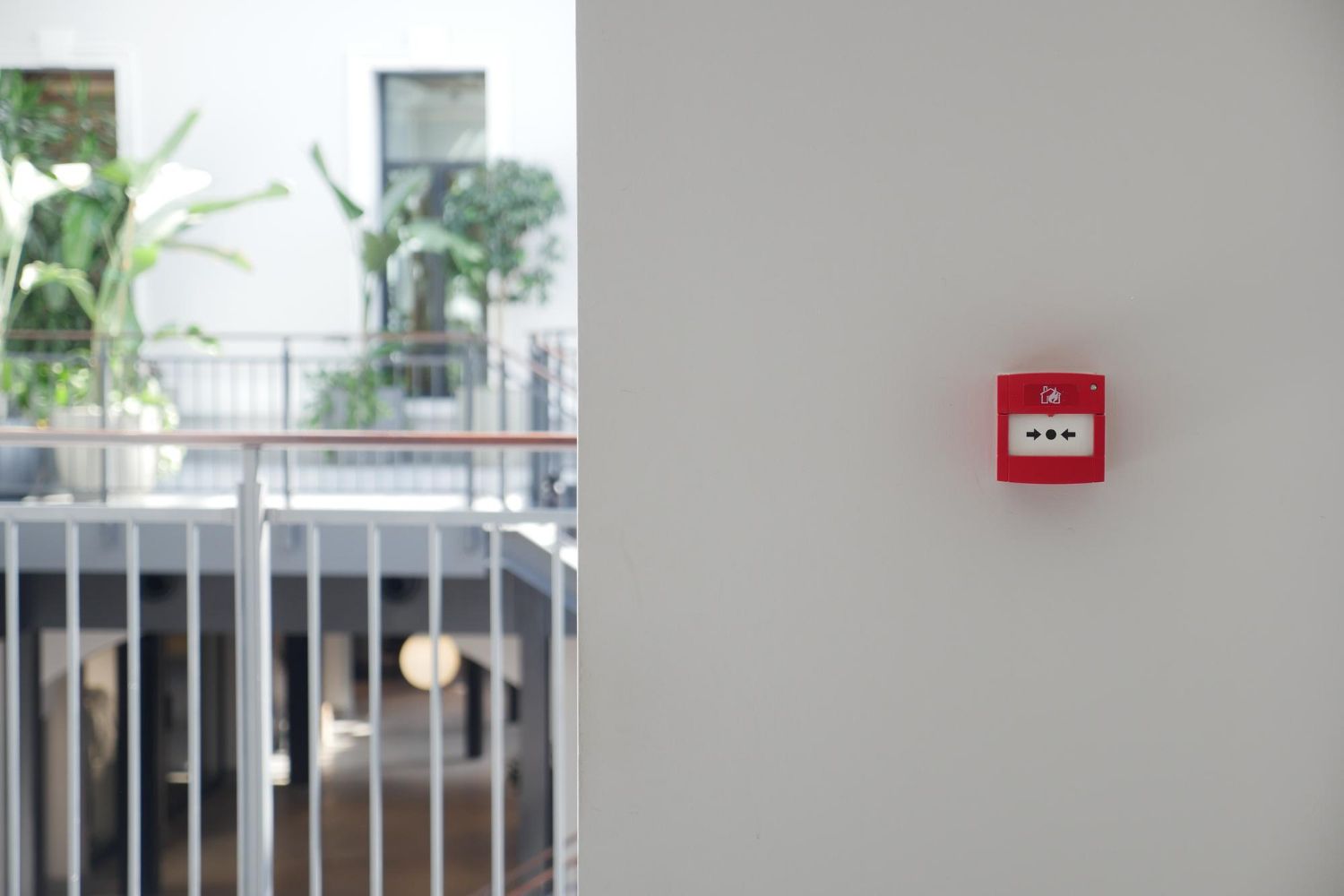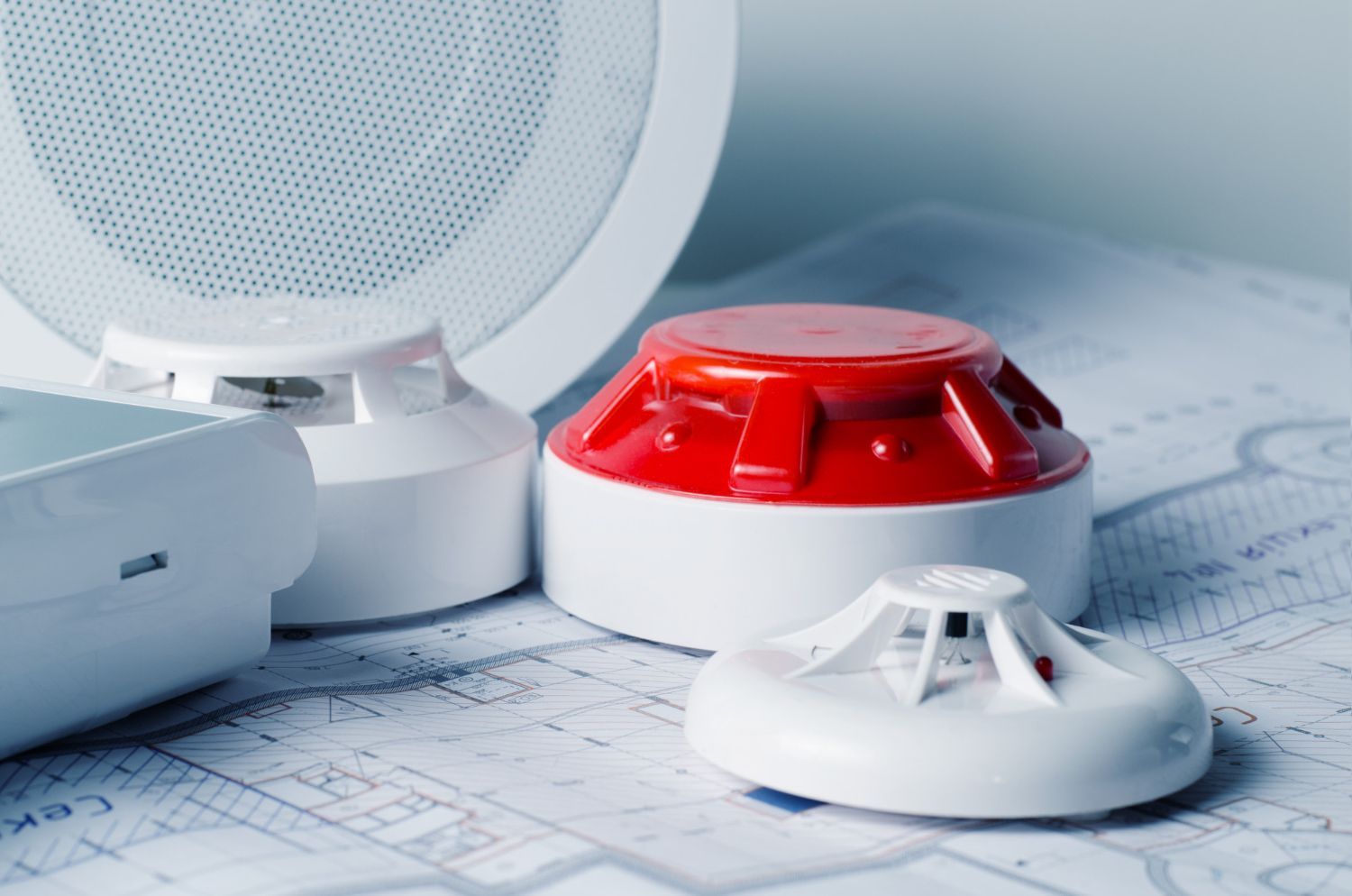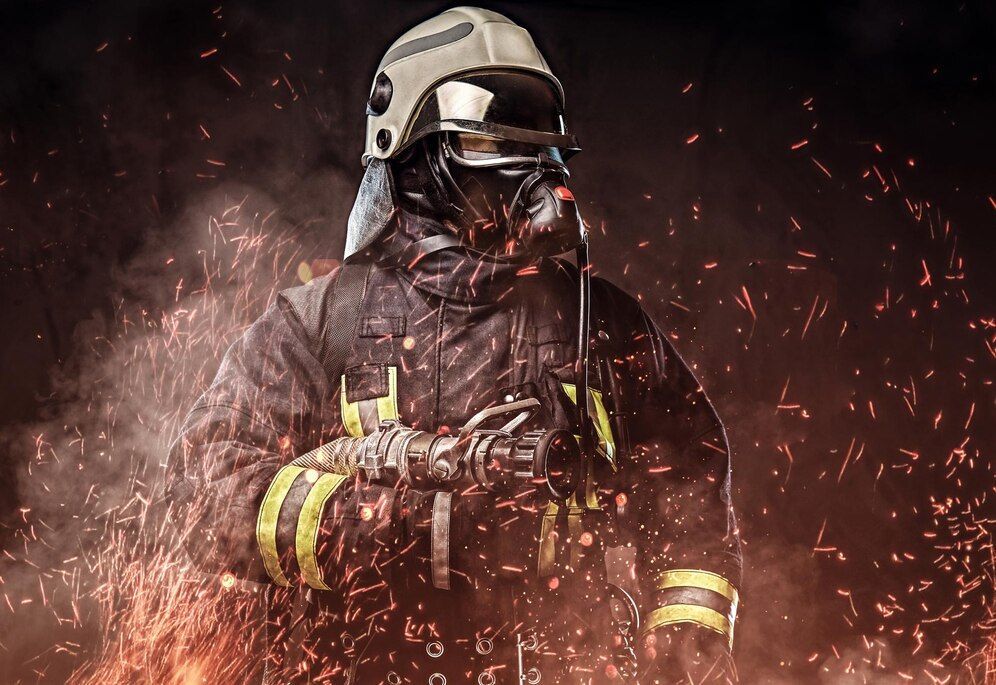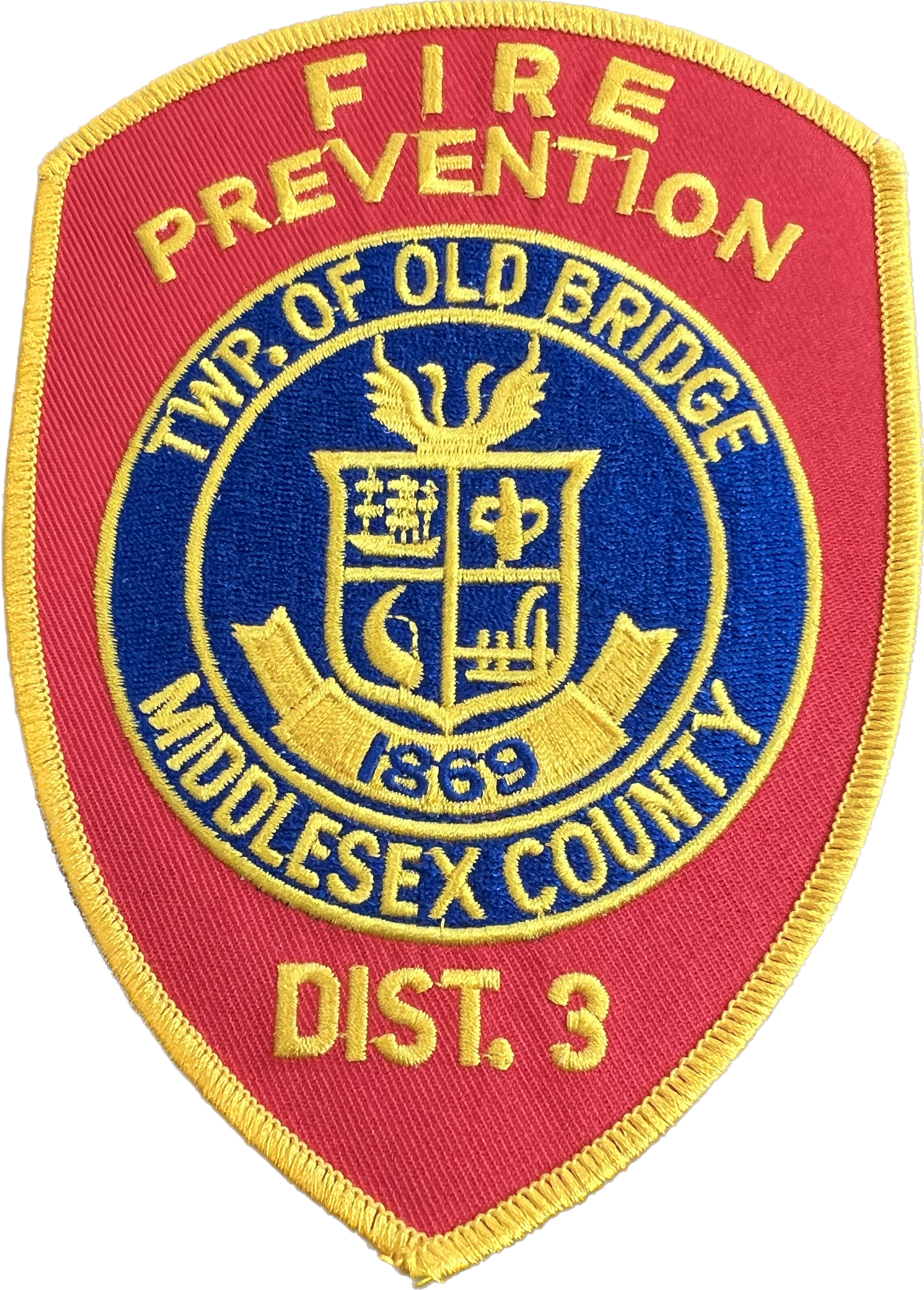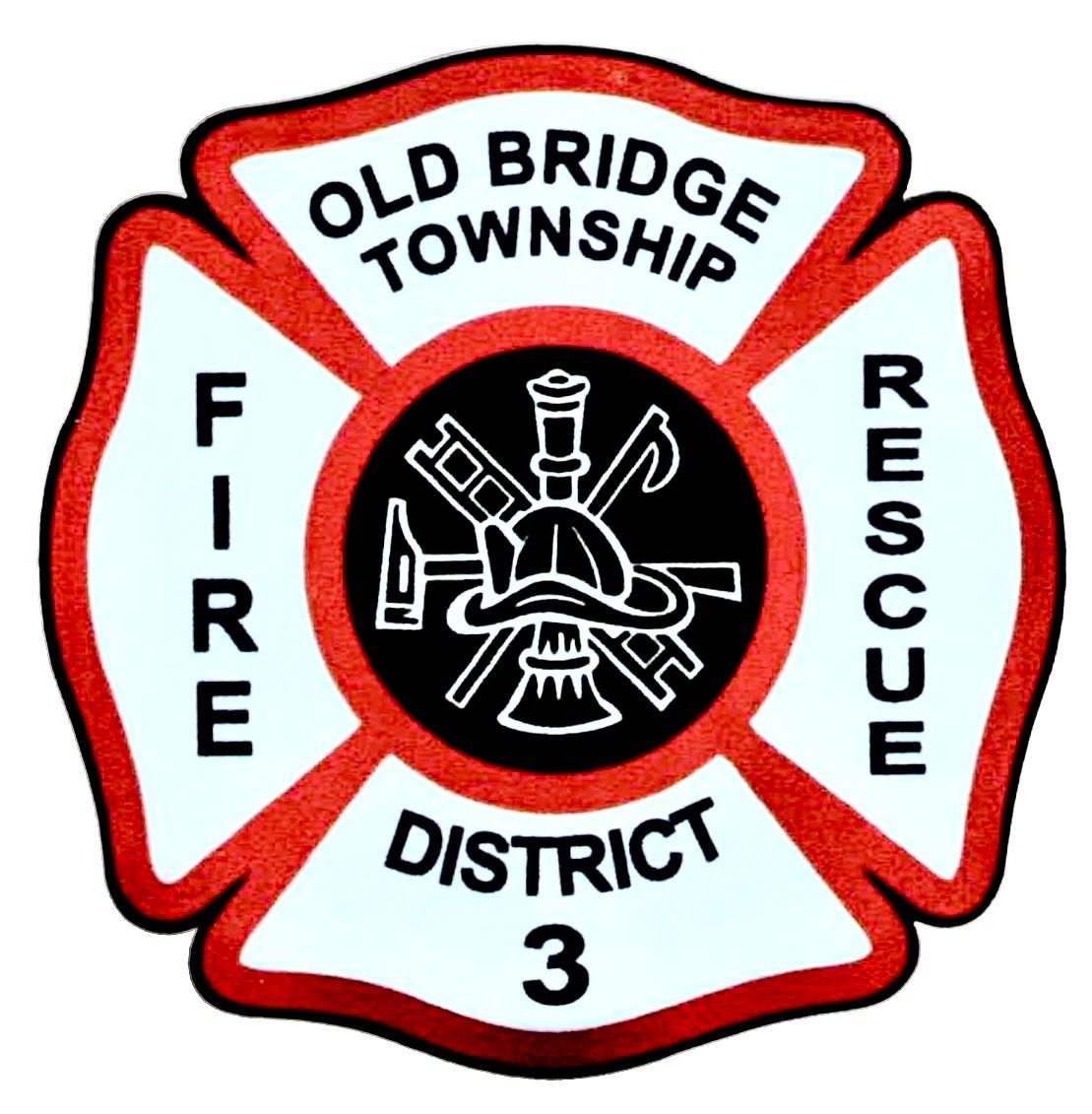Senior Fire Safety: Essential Tips for a Secure Home

As our loved ones grow older, their needs and potential vulnerabilities evolve, requiring modified safety considerations within their living environments. Fire safety is a particularly crucial aspect of caregiving for seniors as they become more vulnerable to fire incidents due to factors such as reduced mobility, impaired hearing, or cognitive decline. At Board of Fire Commissioners, Fire District 3, Township of Old Bridge, we understand the importance of creating a fire-safe living space for seniors, and our mission is to provide invaluable resources and expert guidance to empower caregivers and families in accomplishing this goal.
Reach out to the wealth of resources and professional guidance available at Board of Fire Commissioners, Fire District 3, Township of Old Bridge.com to enhance your fire safety efforts geared toward providing an optimal living environment for your elderly loved ones. Together, let's create a conscientious community that considers all its members' needs, safeguarding seniors from the dangers of fire hazards. By implementing our trusted recommendations, caregivers and families can rest assured that their senior loved ones can continue to enjoy their golden years in safety and comfort.
Smoke Alarm Placement and Maintenance
Smoke alarms are crucial components of fire safety in any home. For seniors, it is essential to have a tailored approach to smoke alarm placement and maintenance:
1. Install Smoke Alarms: Ensure there are working smoke alarms in every room, including additional alarms in areas where seniors spend most of their time.
2. Test Smoke Alarms: Regularly test alarms by pressing the test button, preferably on a monthly basis, and replace batteries every year.
3. Use Strobe Light Alarms: For seniors with hearing impairments, install smoke alarms with strobe lights to signal an emergency visually.
4. Replace Alarms as Needed: Replace smoke alarms every 10 years or according to the manufacturer's recommendations.
Fire Escape Planning for Seniors
When creating a fire escape plan for seniors, consider their specific needs, such as mobility or cognitive limitations:
1. Plan Escape Routes: Develop clear escape routes from every room in the home, with at least two possible exits from each.
2. Consider Mobility Aids: Ensure mobility aids, such as walkers or wheelchairs, are accessible near the exits to assist seniors during emergencies.
3. Create a Communication Plan: Develop an easy-to-understand communication plan that outlines the steps to take during a fire situation.
4. Practice Fire Drills: Conduct regular fire drills with seniors to build familiarity with the escape plan and improve overall preparedness.
Home Modifications for Senior Fire Safety
Modifying a senior's living environment can drastically reduce the risk of fire hazards. Focus on these key areas to enhance safety:
1. Install Automatic Shut-Off Devices: Devices such as stove timers and auto shut-off outlets can prevent unattended cooking or electrical fires.
2. Improve Visibility: Install motion-sensor night lights and adequate lighting in hallways and staircases to reduce the risk of falls and accidents.
3. Implement Barrier-Free Design: Consider incorporating barrier-free designs, such as wider doorways and accessible exits, which facilitate easier movement during emergencies.
4. Maintain Clutter-Free Spaces: Ensure common areas are free from clutter and obstacles, creating accessible pathways during emergency situations.
Fire Prevention Techniques for a Senior's Home
Along with home modifications, adopting fire prevention practices helps maintain a safe living environment for seniors:
1. Safe Cooking Practices: Encourage seniors to use cooking appliances and kitchen tools that are easy to handle and safe to use.
2. Check Electrical Wiring: Perform routine checks on electrical wiring, outlets, and appliances to identify potential hazards and address them immediately.
3. Avoid having too many cords: Overloaded electrical outlets can be dangerous. Help seniors limit the number of cords and be mindful of how they arrange them.
4. Store Flammable Items Safely: Keep flammable items, such as gasoline or cleaning products, in sealed containers and away from heat sources.
Fire Safety Education for Seniors
Education is key to preventing fire incidents among seniors. Providing them with the knowledge and tools to recognize and respond to fire hazards is essential:
1. Conduct Fire Safety Workshops: Organize workshops specifically tailored to seniors, covering topics such as fire prevention, evacuation procedures, and using fire safety equipment.
2. Distribute Educational Materials: Provide seniors with informational pamphlets, brochures, or online resources that outline fire safety tips, emergency contacts, and evacuation plans.
3. Offer Hands-On Training: Arrange hands-on training sessions where seniors can practice using fire extinguishers, evacuating safely, and identifying potential fire hazards in their homes.
4. Collaborate with Community Partners: Partner with local senior centers, retirement communities, and healthcare facilities to reach a broader audience and reinforce fire safety education initiatives.
Medical Emergency Preparedness
In addition to fire safety, preparedness for medical emergencies is crucial for seniors:
1. Create a Medical Emergency Kit: Help seniors assemble a comprehensive emergency kit containing essential medical supplies, medications, contact information for healthcare providers, and medical history documentation.
2. Establish Emergency Communication Protocols: Develop clear communication protocols for contacting emergency services, family members, and caregivers in the event of a medical emergency.
3. Conduct Regular Health Assessments: Schedule regular health assessments to monitor seniors' medical conditions, update emergency plans accordingly, and address any emerging health concerns proactively.
4. Train Caregivers and Family Members: Provide training to caregivers and family members on administering first aid, managing chronic conditions, and responding effectively to medical emergencies involving seniors.
Conclusion
By employing essential fire safety measures, strategic home modifications, and mindful fire prevention practices, families and caregivers can create a secure living environment for seniors. With the unique needs of seniors in mind, a targeted approach to fire safety is necessary to ensure their comfort, safety, and well-being.
Don't hesitate to utilize the guidance and resources available at Board of Fire Commissioners, Fire District 3, Township of Old Bridge.com in building a comprehensive senior
fire prevention and safety. The steps we take to safeguard seniors from fire dangers reflect our collective commitment to building a strong and thriving community for all.
